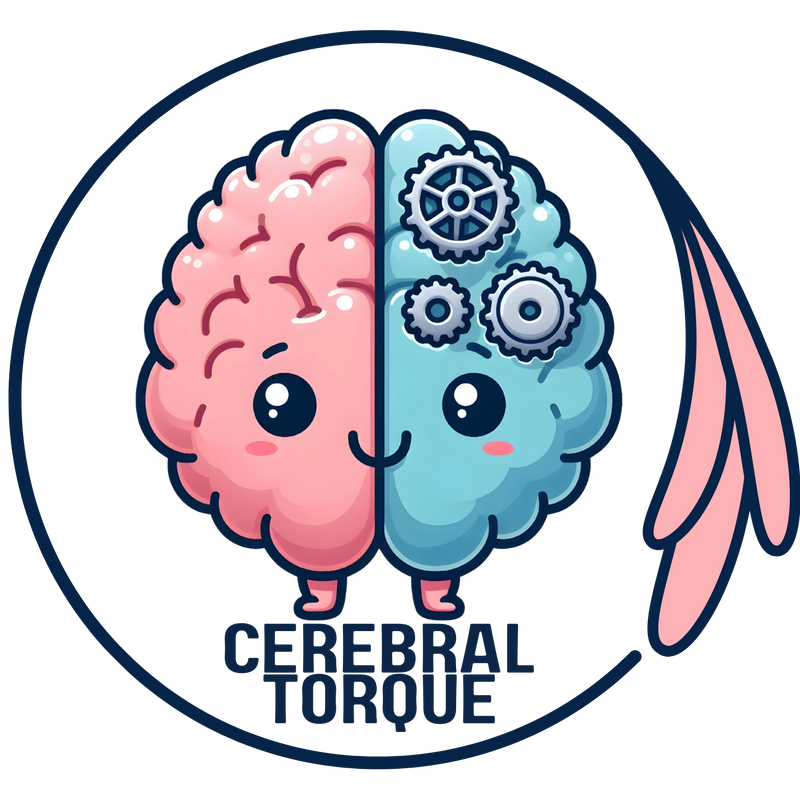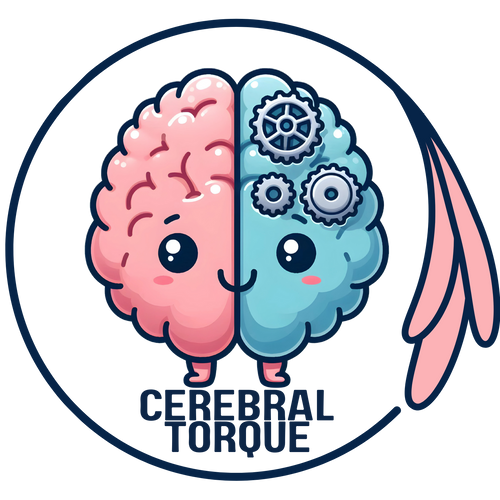Nummular Headache: A Coin-Shaped Primary Headache Disorder
Posted on September 23 2023,

Nummular headache is head pain localized to a small, circumscribed coin-sized area - thus coining (no pun intended) the alternate term “coin-shaped headache.”
Nummular headache is classified as a primary headache disorder in the International Classification of Headache Disorders (ICHD). This means it is idiopathic and not attributable to any underlying condition. However, nummular headache can also occur as a secondary headache in some cases. When nummular headache is secondary, it is symptomatic of another pathological process affecting the head rather than being a discrete disease itself.
Of note, one case series found that over 50% of patients with nummular headache also have comorbid migraine.
Epidemiology
Nummular headache has an estimated prevalence of around 6 per 100,000 making it a very rare disorder. It can occur at any age, even childhood, but most commonly develops in middle age. The female to male ratio is 1.5:1.
Clinical Presentation
As its name implies, nummular headache presents as pain localized to a small, rounded area of the head, typically 2-6 cm in diameter. The term “nummular” means coin-shaped. The pain is generally mild to moderate in severity and has no associated symptoms like nausea or light/sound sensitivity that can occur with migraine.
The headache may be continuous or intermittent in nature. In a subset of patients, spontaneous remissions lasting weeks to months can occur. On physical exam, focal allodynia, dysesthesia, or tenderness may be present in the affected area, but there are no other neurological deficits.
The most affected area is the parietal region, but any part of the scalp can be involved. Rarely, patients may have two or more symptomatic nummular areas. The characteristic location, shape, and size tend to be fixed for an individual patient.
Pathophysiology
The underlying pathophysiological mechanisms of nummular headache remain unclear. One hypothesis is that it represents a neuralgia affecting terminal branches of sensory trigeminal nerve fibers that innervate the scalp. There may also be an association with autoimmunity, as many patients have coexisting autoimmune disorders or serum markers. More research is needed.
Diagnosis
Nummular headache is considered a diagnosis of exclusion after structural lesions like metastases, infections, and other secondary causes have been ruled out with neuroimaging. It must also be distinguished from other primary headache disorders, especially migraine and trigeminal autonomic cephalalgias.
The International Classification of Headache Disorders provides diagnostic criteria (see below) that include the key features of localization, shape, size, and lack of migraine features. A thorough history and neurological exam are required for accurate diagnosis.
ICHD-3 Diagnostic criteria:
A. Continuous or intermittent head pain fulfilling criterion B
B. Felt exclusively in an area of the scalp, with all of the following four characteristics:
- sharply-contoured
- fixed in size and shape
- round or elliptical
- 1-6 cm in diameter
Treatment
No definitive treatment exists for nummular headache given its unclear etiology. Many headache medications like NSAIDs and TCAs are ineffective long-term. Some patients improve with gabapentin or local nerve blocks. OnabotulinumtoxinA injections may also provide relief for some. Indomethacin has been shown to be effective in a case report. Addressing any underlying autoimmune disorder is advised. For those with comorbid migraine, treating migraine may theoretically help due to the highly sensitive migraine brain. Unfortunately, nummular headache can become highly refractory over time to all known therapies.
Sat, Apr 19, 25
FDA Authorizes First Digital Therapeutic for Migraine
In a development for migraine patients, the FDA has granted marketing authorization to CT-132, making it the first prescription digital therapeutic specifically designed for the preventive treatment of episodic migraine...
Read MoreFri, Apr 18, 25
Weather Conditions & Migraine Attacks: Is there a relationship?
This meta-analysis found that weather conditions, especially temperature and ambient pressure changes as well as increased levels of certain air pollutants (PM10, PM2.5, NO2, CO, and O3), are significantly associated...
Read MoreFri, Apr 18, 25

